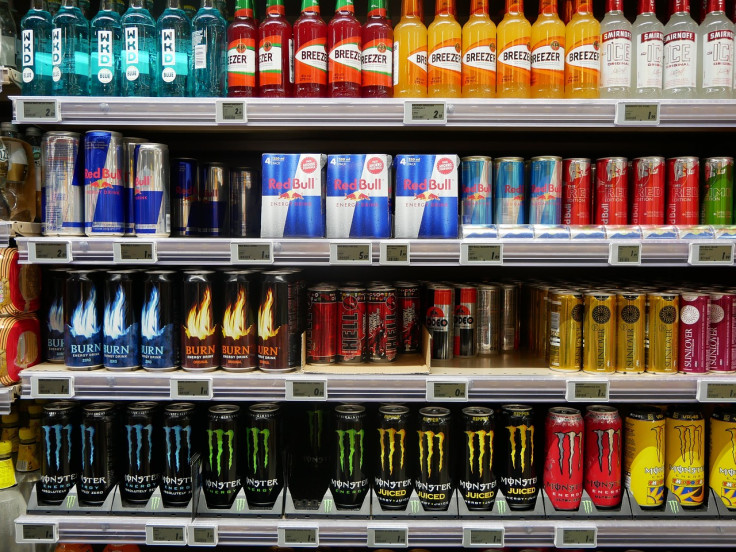Energy Drinks Linked To Disturbed Sleep: Study Says Even Once A Month Consumption Raises Risk

A recent large-scale study has found a link between consumption of energy drinks and disturbed sleep. The research revealed that even occasional intake, such as once a month, could affect one's quality of sleep.
Marketed as beverages that can help boost mental and physical energy, energy drinks are particularly popular among college students and young people. They contain an average caffeine content of 150 milligrams per liter along with varying quantities of sugar, vitamins, minerals and amino acids.
Earlier studies have shown that energy drinks could reduce sleep quality. However, there has been limited research on how these drinks affect various aspects of sleep and the sex-specific differences in these effects.
In a recent Norwegian study published in the journal BMJ Open, researchers evaluated the impact of energy drinks on different aspects of sleep. They discovered that higher consumption was associated with an increasing risk of sleep problems, with the strongest associations with short sleep duration.
The team evaluated 53,266 participants between the ages of 18 to 35 who were part of the Students' Health and Well-being Study (SHOT22 study) — a large-scale national survey of college and university students in Norway.
The participants were asked to respond to a survey that measured the frequency of their energy drink consumption. The options included daily, weekly (once, two to three times, four to six times), monthly (one to three times) and seldom/never.
The sleep patterns of the participants were also studied through surveys that inquired about their bedtime, wake-up time, duration of falling asleep and wakefulness after going to sleep.
The researchers then calculated their sleep efficiency by comparing the total nightly hours of sleep to the time spent in bed. People were considered to be having insomnia when they reported difficulties falling and staying asleep and waking early on at least three nights of the week. Furthermore, meeting the criteria for insomnia required participants to also experience daytime sleepiness and tiredness for at least three days of the week for at least three months.
The study observed a clear sex difference in patterns of energy drink consumption. Around 50% of women reported that they never or seldom consumed energy drinks compared to 40% of men. Among those who did consume energy drinks, 5.5% of women drank them four to six times a week, whereas the figure was 8% in men. Daily consumption was reported by 3% of women and 5% of men.
"Both men and women who reported daily consumption slept around half an hour less than those reporting only occasional or no consumption. Similar associations were also observed for waking after falling asleep and taking longer to fall asleep. And increasing consumption was associated with a corresponding increase in both nocturnal wake time and time taken to fall asleep — poorer sleep efficiency," the news release said.
"Insomnia was also more common among both women and men reporting daily consumption than among those reporting occasional or no consumption: 51% vs 33% (women) and 37% vs 22% (men)."
Men who reported daily intake of energy drinks were over twice as likely to sleep fewer than six hours per night compared to those reporting no or only an occasional intake. Meanwhile, women with daily intake were 87% more likely to do so. The study noted that people who take energy drinks just one to three times a month were still at heightened risk of sleep problems.
Since the study is observational, definitive conclusions about causation cannot be made based on the findings. The researchers acknowledge the possibility of reverse causality, suggesting that energy drink consumption might be a consequence of poor sleep.
The study has not taken into account details such as the timing and exact quantities of energy drink consumption. Both patterns of consumption and sleep were measured based on self-reported surveys.
However, researchers conclude that "there is a robust association between the frequency of [energy drink] consumption and the different sleep parameters."
"Identifying modifiable risk factors for sleep problems among college and university students is vital and our results suggest that the frequency of ...consumption could be a possible target for interventions," they added.
A recent study that evaluated the health effects of energy drinks identified a series of issues, including disrupted sleep, depression, suicide, attention-deficit/hyperactivity disorder (ADHD) and anxiety among children and young people.
Published by Medicaldaily.com



























